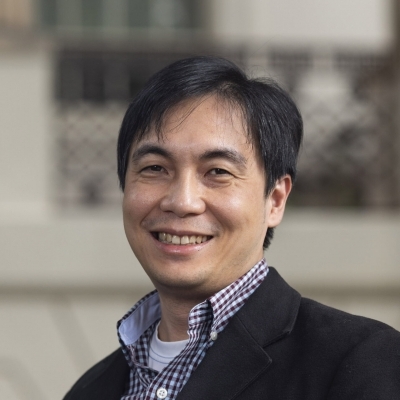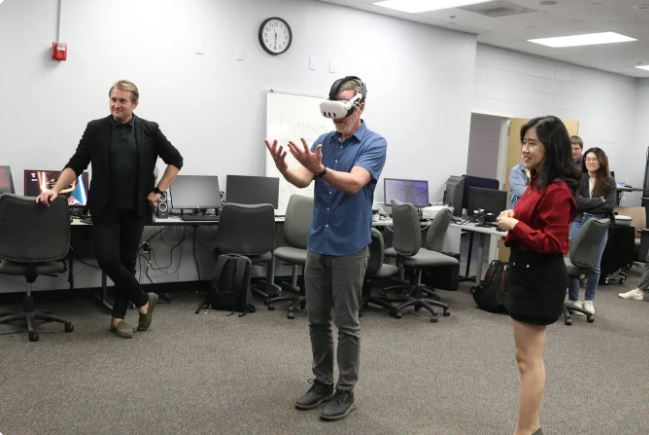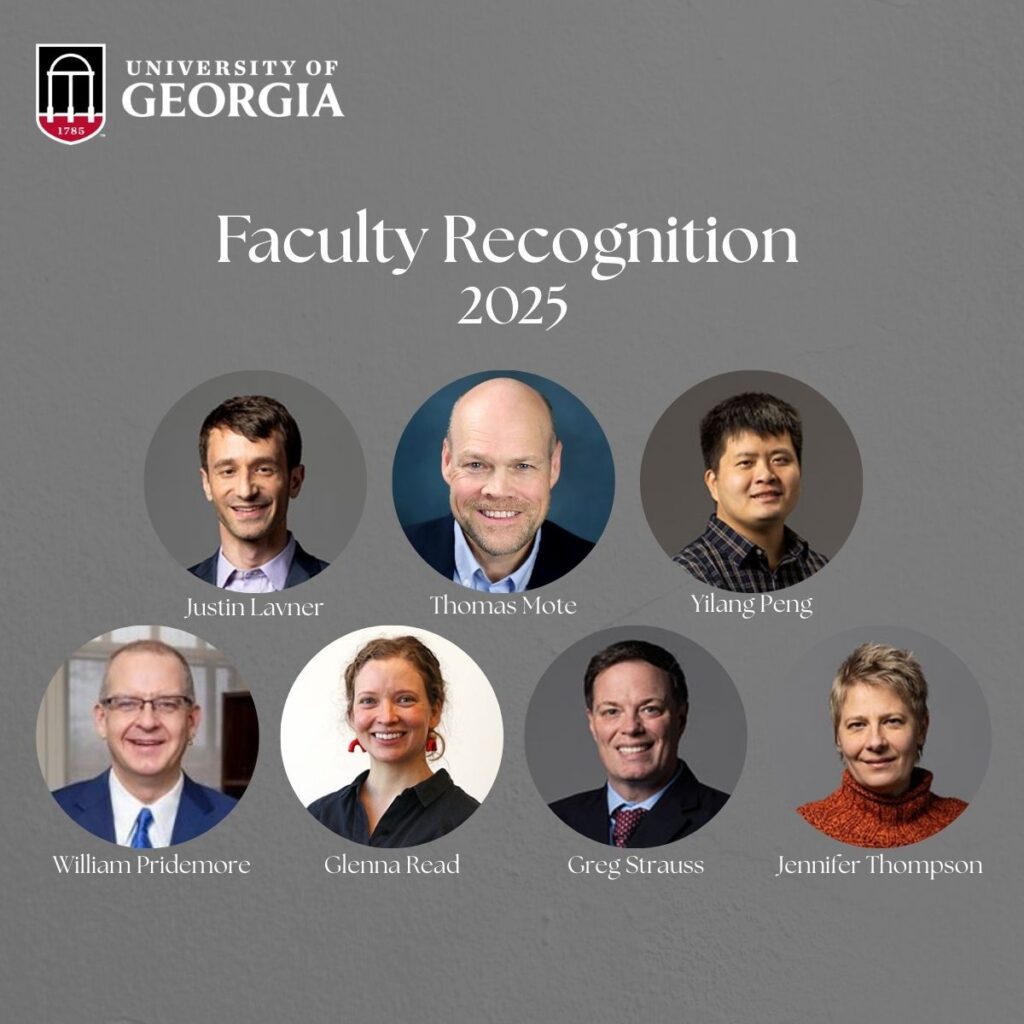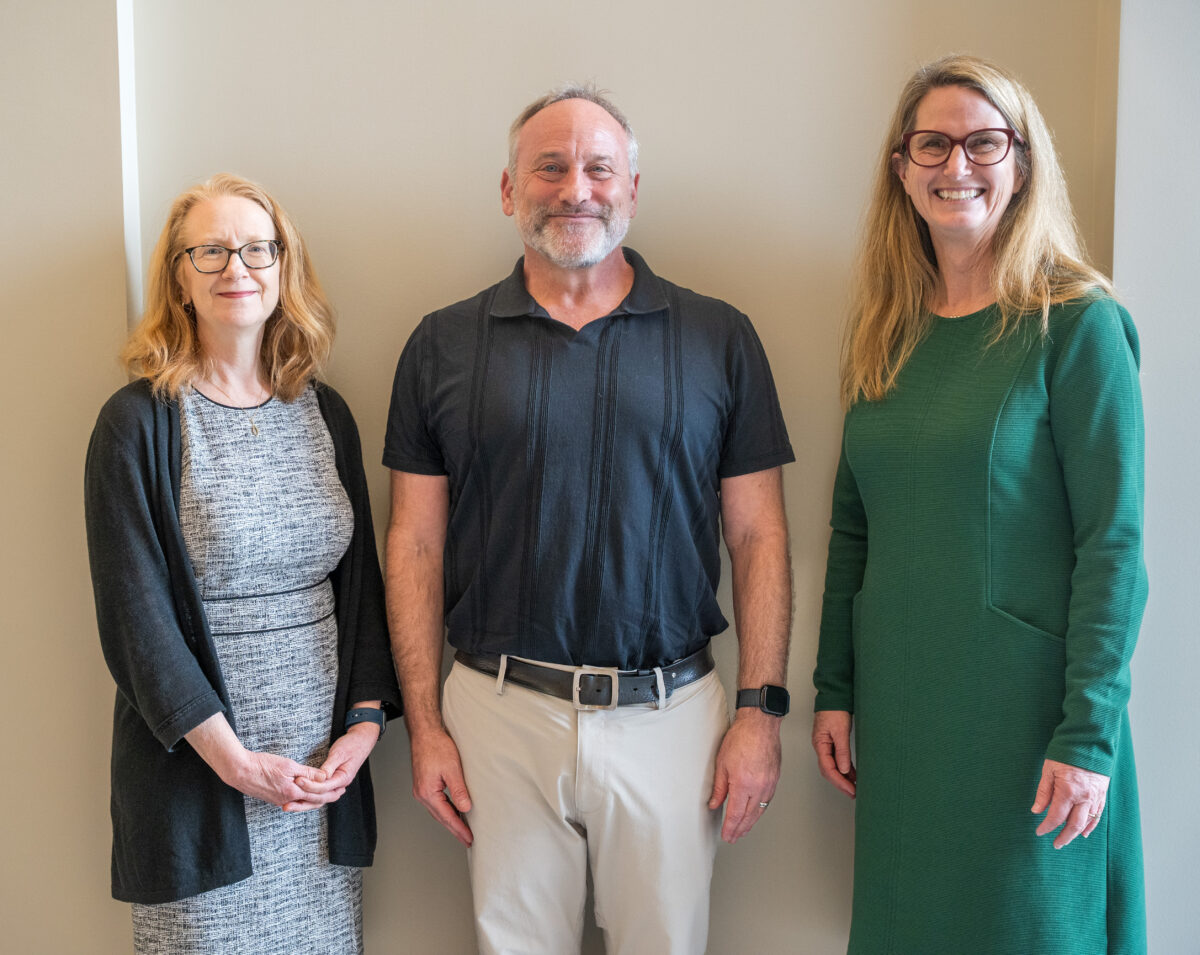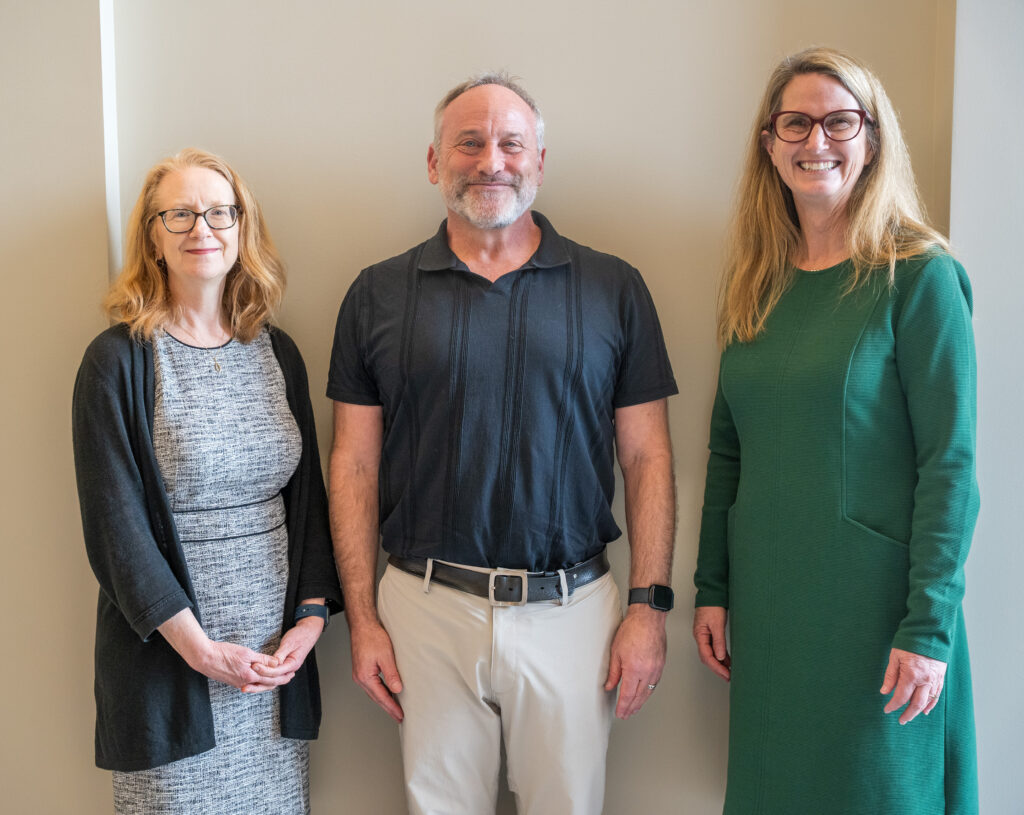UGA Selects Class of 2026 Advanced Leaders Program
Andrea Horsman
on
January 7, 2026
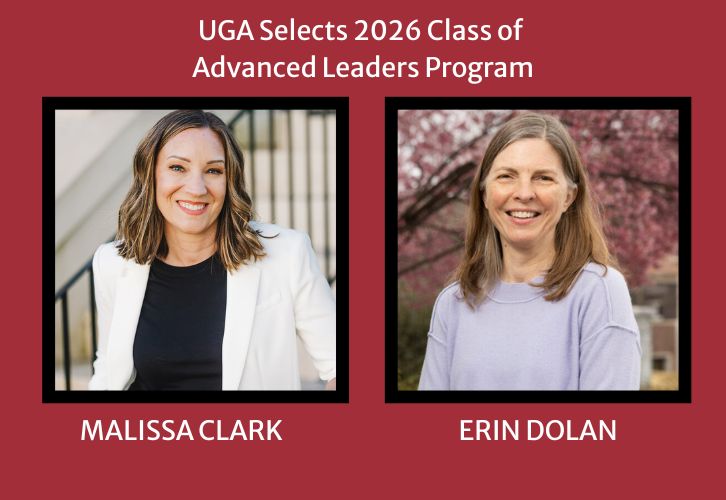
The University of Georgia has selected 10 faculty members and academic leaders to join the 2026 cohort of its Advanced Leader Program, a selective, yearlong initiative designed to prepare participants for senior leadership roles in higher education.
The program brings together accomplished faculty and administrators to build on their leadership experience through engagement with senior university leaders, leadership development experts, and peers. Fellows gain a deeper understanding of institutional operations and governance by interacting with offices and administrators across the university and the broader University System of Georgia.
“The Advanced Leader Program reflects the University of Georgia’s commitment to developing the next generation of higher education leaders,” said Benjamin C. Ayers, senior vice president for academic affairs and provost. “The Fellows selected for the 2026 cohort have already made significant contributions to UGA and their fields, and this program will further equip them to expand their impact in the years ahead.”
Among the 2026 Fellows are two distinguished scholars affiliated with the Owens Institute for Behavioral Research.
Malissa Clark, professor and head of the Department of Psychology in the Franklin College of Arts and Sciences, is an internationally recognized scholar whose research focuses on improving employee well-being and reducing overwork and burnout. Her 2024 book, Never Not Working: Why the Always-On Culture Is Bad for Business — and How to Fix It, received widespread acclaim and was featured in Adam Grant’s 12 New Idea Books to Launch 2024 and Porchlight’s Top 5 Best Management and Workplace Culture Books of 2024. Clark is a fellow of the Society for Industrial and Organizational Psychology, was named to the 2024 Thinkers50 Radar list, and was a finalist for the 2025 Thinkers50 Radar Award. She also serves as associate editor of the Journal of Business and Psychology and sits on the editorial boards of Personnel Psychology and the Journal of Applied Psychology.
Erin Dolan, Josiah Meigs Distinguished Teaching Professor in the Department of Biochemistry and Molecular Biology and Georgia Athletic Association Professor of Innovative Science Education in the Franklin College of Arts and Sciences, brings extensive leadership experience from UGA, peer institutions, and national organizations. Her career path was shaped by early volunteer work in K–12 schools during her neuroscience graduate training, leading her to pursue a focus on biology education. Dolan teaches introductory biology, and her research group—the SPREE Lab (Social Psychology of Research Experiences and Education)—examines how undergraduate and graduate research experiences, including mentorship, influence students’ career decisions.
Read more about the program here.
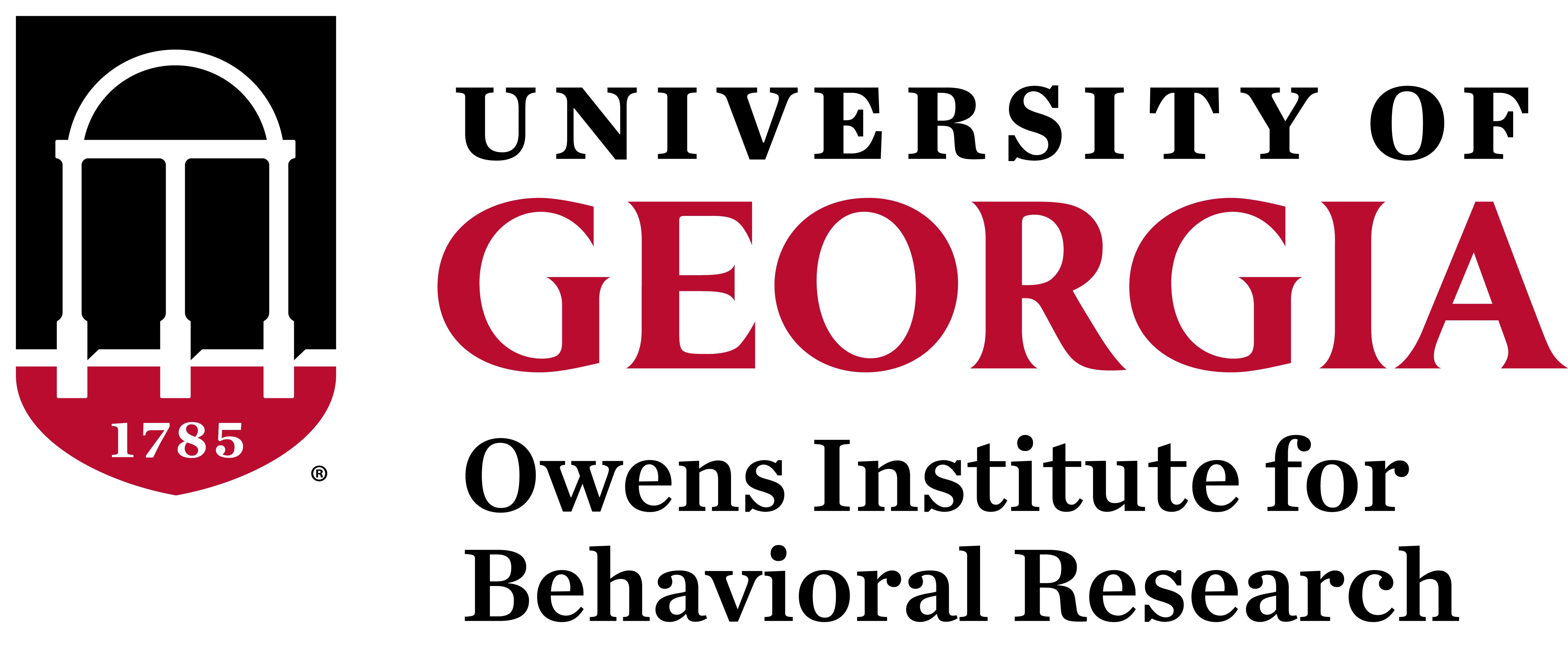

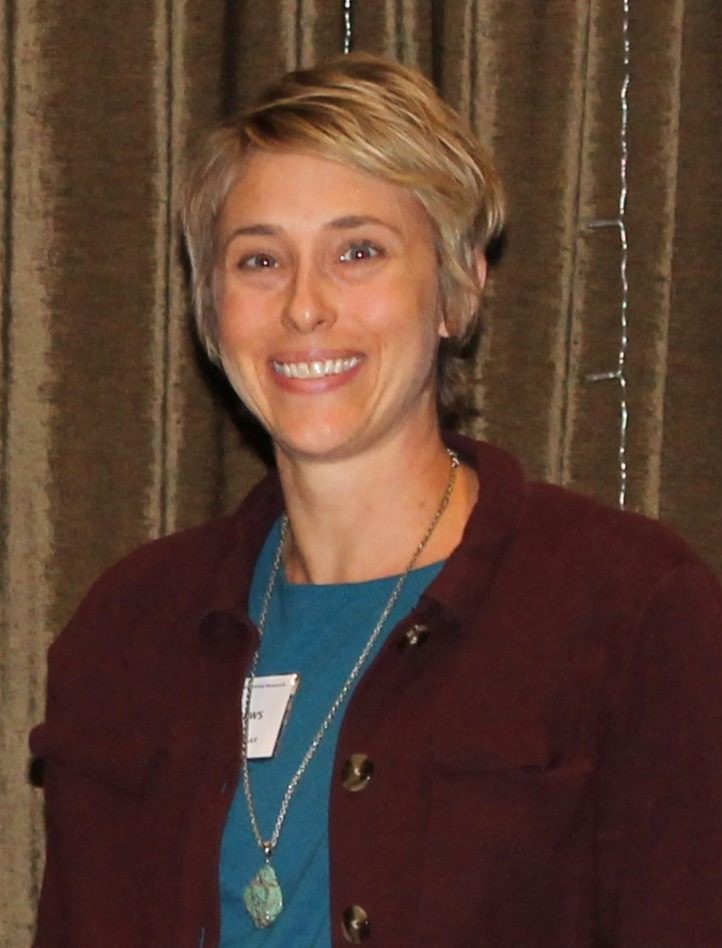 Dr. Tessa Andrews, Meigs Professor of Genetics & Director of the SEER Center, was honored with the 2025 OIBR Lillian Eby Mentoring Award in recognition of her outstanding commitment to science education and mentorship.
Dr. Tessa Andrews, Meigs Professor of Genetics & Director of the SEER Center, was honored with the 2025 OIBR Lillian Eby Mentoring Award in recognition of her outstanding commitment to science education and mentorship.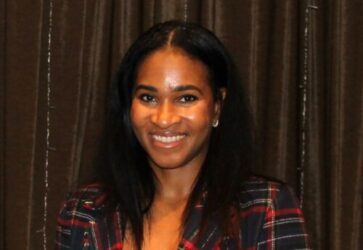
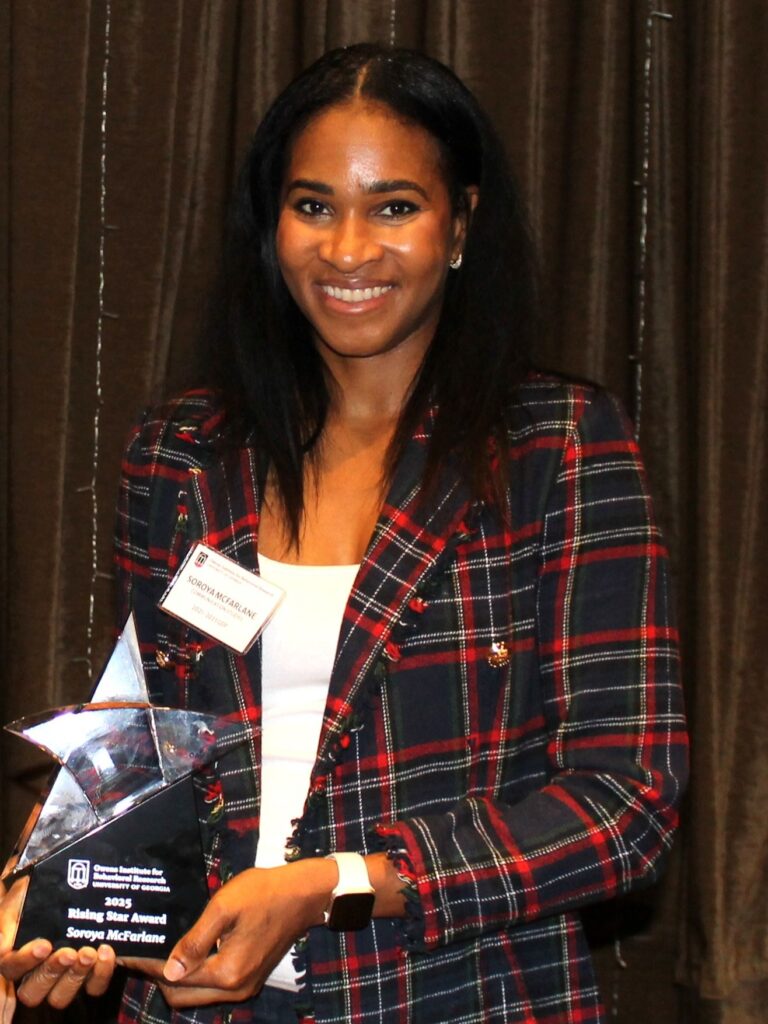 We are delighted to announce the recipient of the 2025 OIBR Rising Star Award, Dr. Soroya McFarlane, Assistant Professor, Communication Studies, for her exceptional scholarly achievements and promising trajectory in research.
We are delighted to announce the recipient of the 2025 OIBR Rising Star Award, Dr. Soroya McFarlane, Assistant Professor, Communication Studies, for her exceptional scholarly achievements and promising trajectory in research.

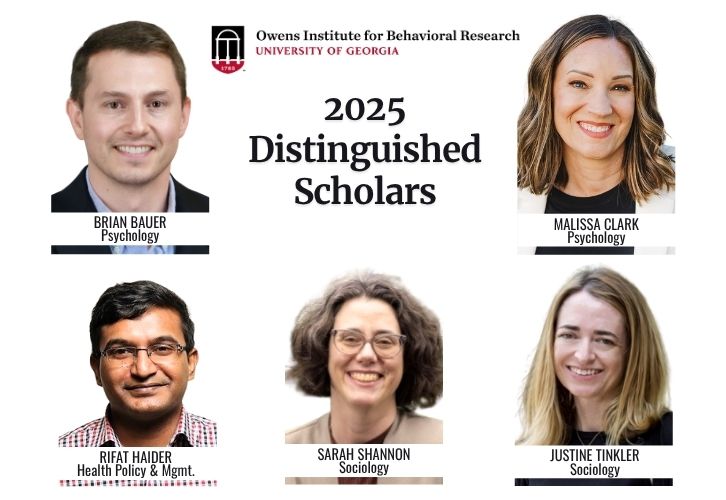
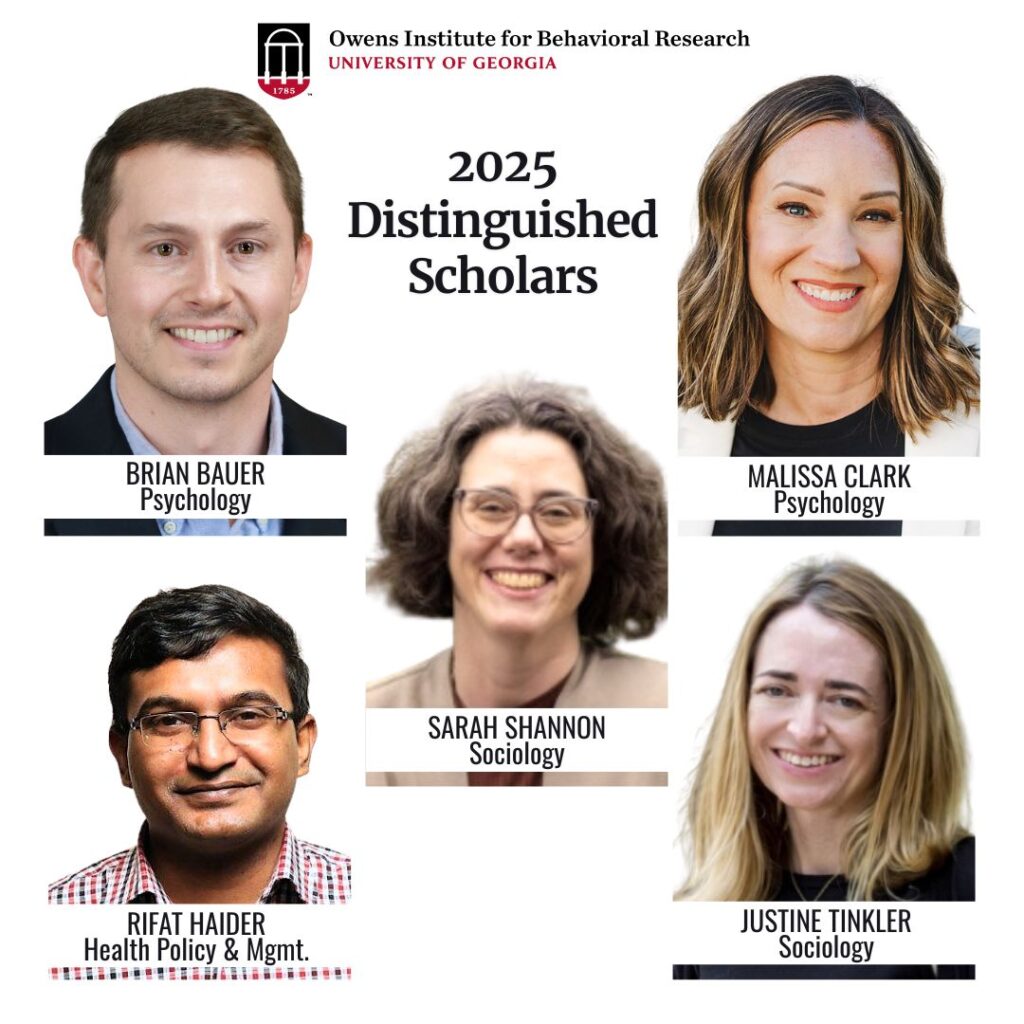 Owens Institute for Behavioral Research Announces 2025 Distinguished Scholars
Owens Institute for Behavioral Research Announces 2025 Distinguished Scholars